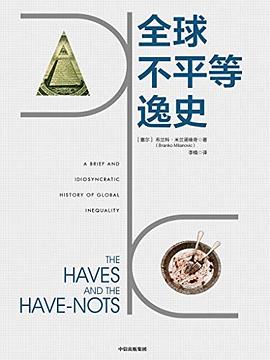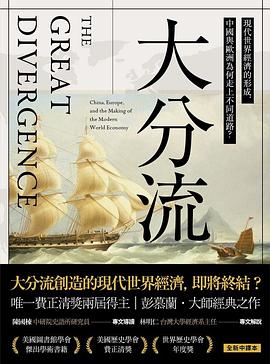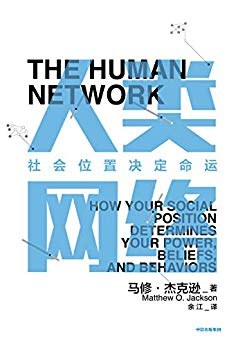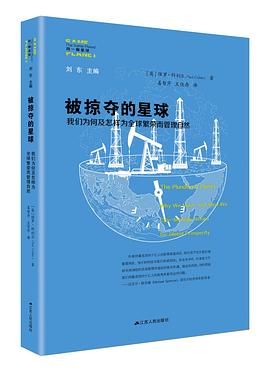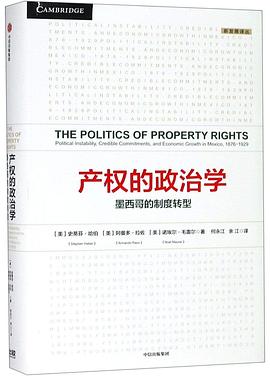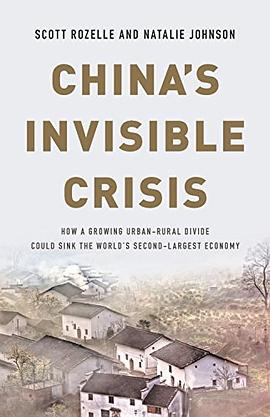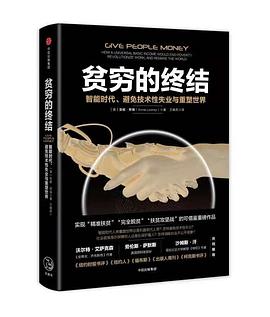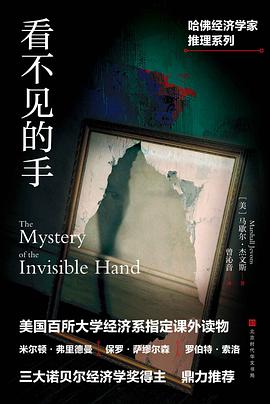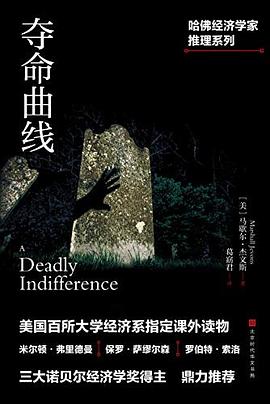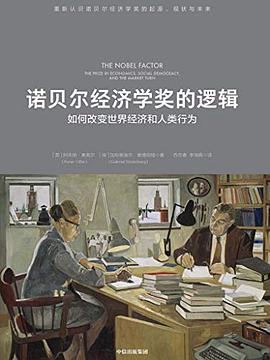

具體描述
Liberty is hardly the "natural" order of things. In most places and at most times, the strong have dominated the weak and human freedom has been quashed by force or by customs and norms. Either states have been too weak to protect individuals from these threats or states have been too strong for people to protect themselves from despotism. Liberty emerges only when a delicate and precarious balance is struck between state and society.
There is a happy Western myth that political liberty is a durable construct, a steady state, arrived at by a process of "enlightenment." This static view is a fantasy, the authors argue; rather, the space to attain and maintain liberty stays open only via a fundamental and incessant struggle between state and society. The power of state institutions and the elites that control them has never gone uncontested in a free society. In fact, the capacity to contest them is the definition of liberty. State institutions have to evolve continuously as the nature of conflicts and needs of the society change, and thus society's ability to keep state and rulers accountable must intensify in tandem with the capabilities of the state. This struggle between state and society becomes self-reinforcing, inducing both to develop a richer array of capacities just to keep moving forward along the corridor. Yet this struggle also underscores the fragile nature of liberty. It is built on a delicate balance between state and society, between economic, political and social elites and citizens, between institutions and norms. One side of the balance gets too strong, and as it has often happened in history, liberty begins to wane. Liberty depends on the vigilant mobilization of society. But it also needs state institutions to continuously reinvent themselves in order to meet new economic and social challenges that can easily close the space liberty needs to survive.
Today we are in the midst of a time of wrenching destabilization. We need liberty more than ever, and yet the corridor to liberty is getting narrower and more treacherous. The danger on the horizon is not "just" the loss of our political freedom, however grim that is in itself; it is also to the prosperity and safety that critically depend on liberty. The opposite of the corridor of liberty is the road to ruin.
用戶評價
##感覺就是唰啦一把轉瞭一遍地球儀,走馬觀花地看瞭看宏觀的氣象,沒什麼太記得住的東西。
評分##cliché and naive
評分##談古論今,縱橫內外,經濟學傢不閤格的曆史敘述。削足適履,看似結構宏大,實則單薄無物。
評分##很多政治哲學工作其實是很差的經驗性的政治學
評分##啊……看不太下去瞭……典型的白人視角……吧?
評分##理論框架機械主義,史料運用削足適履。
評分##很多政治哲學工作其實是很差的經驗性的政治學
評分##啊……看不太下去瞭……典型的白人視角……吧?
評分##你們怎麼說都對……
相關圖書
本站所有內容均為互聯網搜尋引擎提供的公開搜索信息,本站不存儲任何數據與內容,任何內容與數據均與本站無關,如有需要請聯繫相關搜索引擎包括但不限於百度,google,bing,sogou 等
© 2026 book.teaonline.club All Rights Reserved. 圖書大百科 版權所有

